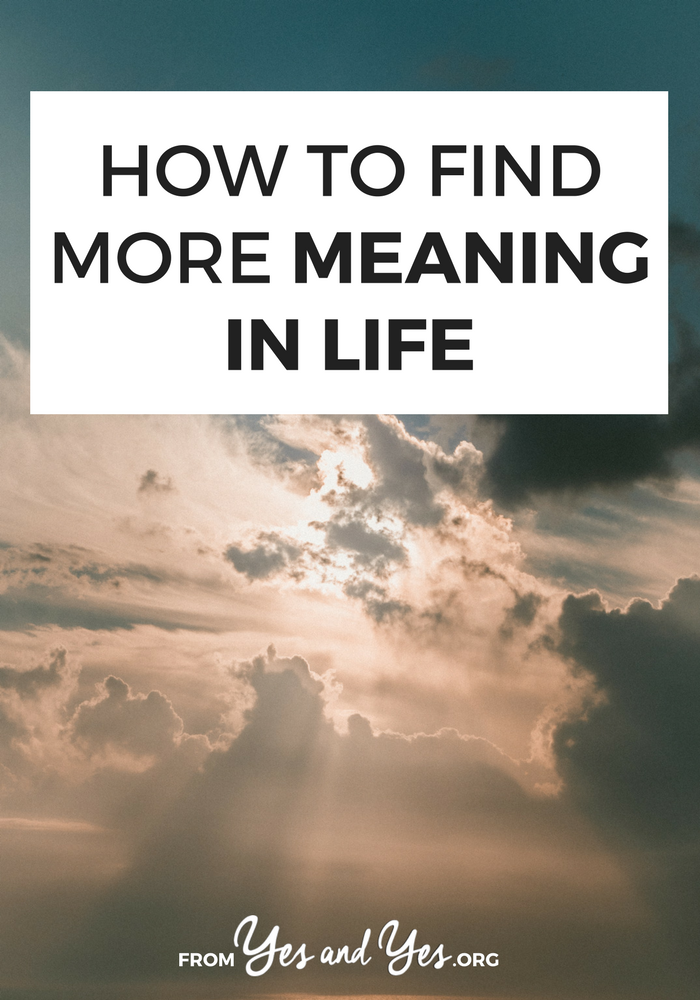
Let me preface this post by telling you that I am one of the least spiritual people you will ever meet.
I once (once!) attended a service at a Universal Unitarian church and when a stranger asked me about my ‘faith journey’ I turned inside out, fell on the floor, and slithered to my car like an embarrassed sea cucumber.
When people talk about the healing power of crystals I nod politely while thinking “But they’re really just pretty rocks, riiiiiiight?”
My feelings towards Krista Tippett are such that a friend once gave me her book as a gag gift, in much the same way you’d give a vegetarian a ‘Meat Of The Month’ membership.
I’ve always viewed religion and spirituality as a bit of an all-or-nothing game. Either you Believed In God or you didn’t. Either you burned sage and read tarot or you rolled your eyes over horoscopes.
Science or art.
Magic or pragmatism.
Only the here and now or … not.
This was until I heard of ‘contemplative practices.’ (And it pains me to say this but I heard about it from Krista Tippett.)
Contemplative practices “cultivate a critical, first-person focus, sometimes with a direct experience as the object, while at other times concentrating on complex ideas or situations. Incorporated into daily life, they act as a reminder to connect to what we find most meaningful.”
So what does that, like, mean? How does someone – religious or not, spiritual or not – create a contemplative practice?
6 ways to find more meaning in life
Stillness
You can meditate or center your mind on a single concept. You can quiet your mind by weeding the garden or making dumplings or changing the oil in your car. You can simply commit to spending the day alone, without speaking.
“Beholding”
You can visualize the future you want for yourself or someone you love. You can create a Pinterest board of the wedding/business/trip you want. You can choose to reconsider an experience in a new light – you can choose to see the impermanence of your own opinions or interpretations. You can meditate with sweet, kind thoughts towards yourself, your people, or people who challenge and try your patience.
Creativity
You can make music or art. You can journal. You can create dance moves to the new Drake song in your living room. You can take an improve class or sketch a new landscape plan or make a jelly bean mosaic of Dolly Parton.
Activism
You can make a pilgrimage to a place where social justice issues are highlighted – The Lorraine Motel in Memphis or The Stonewall Inn. You can work or volunteer in support of a cause that’s important to you. You can take part in a vigil or a march. You can bear witness. You can donate money.
Relationships
You can organize a group to talk about things that are important to you – the environment, parenting, the arts. You can open a dialog with community leaders. You can listen – carefully, closely, without judgment – when people share their story. You can share important stories.
Movement
You can yoga or qigong or Aikido your heart out. You can practice walking meditation. You can go to a Pure Barre class with your best friend or run through the mountains as the sun rises. You can swim out to an island or row yourself to shore.
Rituals
You can create a ‘sacred space’ – whether that’s an altar to a goddess or a chair near a window. You can go on a retreat. You can create meaning from a ritual you were raised with (prayers before bed, candles with dinner) or create your own (writing your regrets and burning them every New Year’s Eve.)
Our lives contract and expand in direct relation to our intentionality. Share on X Life opens up when we actively consider what we’re doing and why we’re doing it. A full (and fulfilling) life doesn’t necessarily require church or prayers or crystals or vision boards.
All it requires is that you pay attention.
What’s your relationship with faith and spirituality? How do you add meaning to your life? Do you have any rituals or practices that you’ve found particularly meaningful?
P.S. If you need help or support finding more meaning in life, I can do that <3













Absolutely beautiful. I’m all about intentional living!
I love the idea of not-necessarily-religious contemplative practices. I love the Ignatian Examen (here – http://www.ignatianspirituality.com/ignatian-prayer/the-examen ) – it obviously comes from a Catholic source, but minus “feel the presence of God,” I think it’s a great tool to practice intentionality and gratitude.
Oh, I’ve never heard of that! Thanks so much for sharing, Anna <3
Even as a Christian, I’d feel intimidated if someone came up and asked about my ‘faith journey.’ Especially a stranger. Could have to do with being a shy introvert, but either way, I feel for you. My two cents on the subject is that the drive to find meaning in our lives is a God-given gift meant to inspire us to seek a relationship with Him. I say that with all respect. I’m a long-time follower of your blog, and I enjoy your writing even though I know we look at some subjects differently 🙂
<3 <3 Emily!
Although it is probably kindly meant, inquiring about someone’s “faith journey” seems to me intrusive and unsettling. It’s like the evangelists’ “Have you been saved?” “Have you found (Jesus/Allah/….)?”
I became disillusioned with the political machinations I experienced in “organized religion”. Now, I use a daily 4-step practice helpful in aligning with the world and with the power of unconditional Love. At the end of the day, I journal what worked; what didn’t work; strategies for improvement; and things for which I’m grateful. I feel more focused, and also more serene, since starting this practice.
Barbara, I looove that! I’ve been a long-time gratitude journaler (and I even do #churchofgratitude on Instagram every Sunday) but I’ve never thought of adding those other three steps. So good!
This topic is so interesting to me because it’s an area of my life I just can’t quite figure out. I was raised Catholic but I would not say my family was very religious. I would call leaving behind that religion more of a realisation than a decision. I just didn’t believe in God, and that was that. I eventually came to describe myself as pagan and became involved in my local pagan community. Howver, recently I have been noticing that I don’t think I truly hold to those beliefs anymore either.
My counsellor told me people who believe in a higher power are more happy/at peace with the world. But I can’t just decide to believe in something. Lately I have been thinking that something like the practices you talk about in this post are the way forward for me. It’s great to hear from someone who separates them out from faith.
I’ve heard that same thing about belief = happiness and frankly, I find it a bit insulting. But I DO think it’s important (and life-improving!) to approach our daily lives with intentionality and seek meaning in spaces that are important to us. 🙂
Well, it wasn’t put to me as ‘religion is the path to happiness’ – that would not have gone down well! I guess I can see why involvement with a community, feeling that someone ‘up there’ is looking out for you, being less afraid of death because you believe in an afterlife, those things might make a person feel more at ease. But my brain doesn’t work that way! When I read “But they’re really just pretty rocks, riiiiiiight?”, I kind of mentally high fived you 🙂
I believe there’s a higher power and there are infinite ways to connect with that higher power (wouldn’t the infinite be infinite?), so I think it’s important for each person to figure out what works for them. You have a lot of great ideas for different spiritual practices! It’s important to remember that spirituality isn’t just for Sunday mornings or whatever, that you can bring simple presence into everyday experiences. Great article!
This was a spot on read for me. I have been discussing similar topics with my friends lately and I just couldn’t agree more with what you wrote. Love following your blog, Sarah!